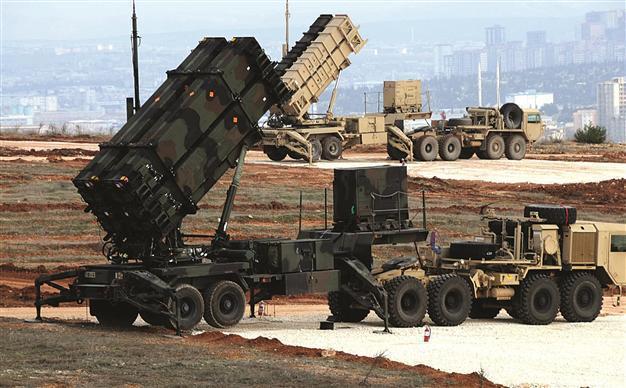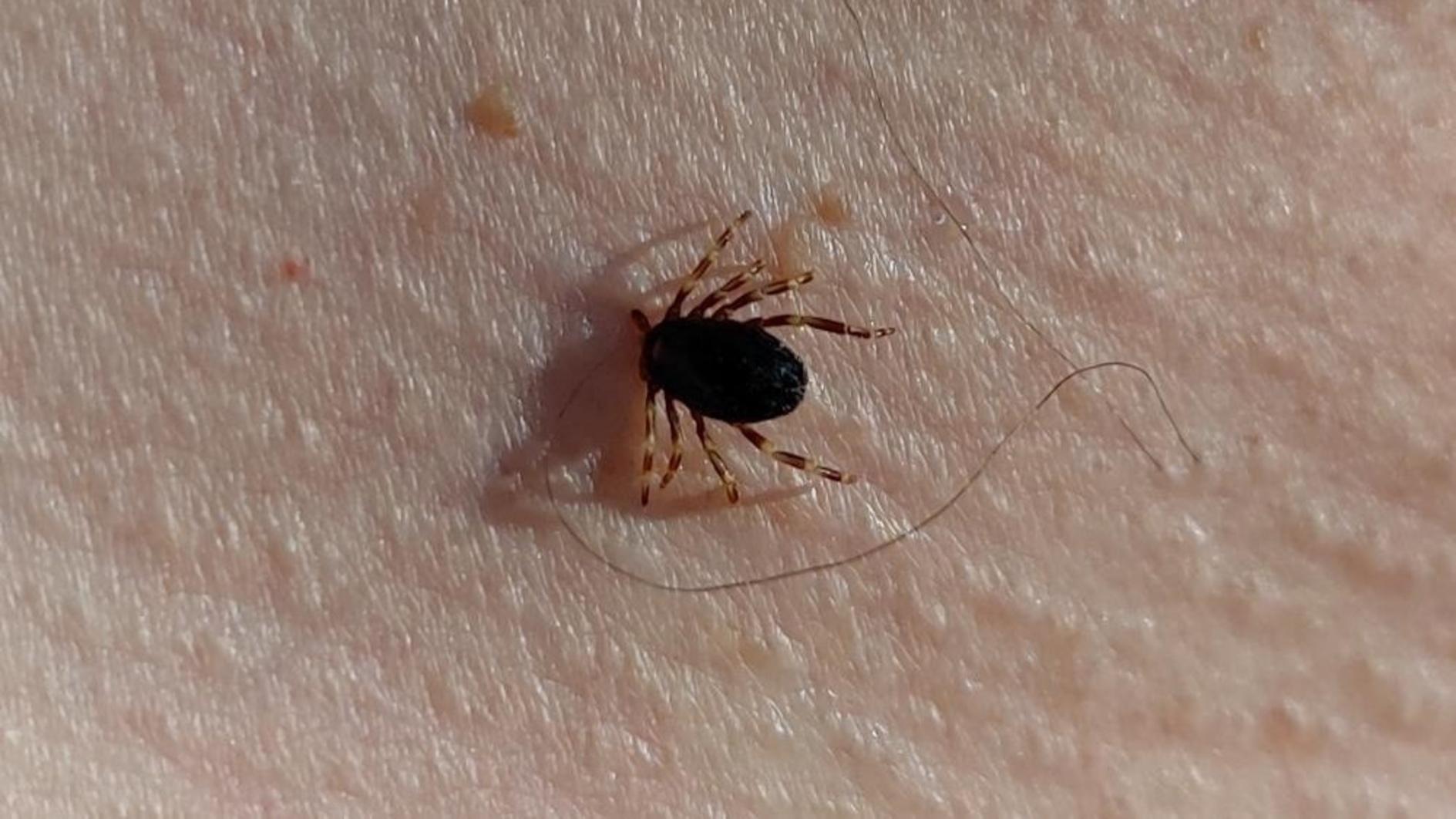Turkey on China missile deal: Game not over yet
BURAK BEKDİL

Turkey recently announced a $3.4 billion order for a Chinese missile defence system. An offer including the US Patriot missiles (seen in picture) was among the failed bidders. DHA Photo
It’s the kind of thing important men in Ankara love the most: Delegations from the world’s major powers knocking on their doors with their best pleasantries and trying to change their minds – or stop others from trying to change their minds. Last week, U.S. and Chinese military and government officials did exactly that in Ankara.The Chinese want Ankara to finalize a $3.44 billion deal which Chinese Precision Machinery Import and Export Corp. (CPMIEC) has come close to finalizing, but may lose out on at the last minute. The Americans want them to lose out. So do the Europeans who were not in Ankara on the same week as the Americans and Chinese were.
The contract is to build Turkey’s first long-range air and anti-missile defense shield.
A senior defense procurement official said the three-way competition looks like it has still not yet ended. “We have not yet signed a contract with any rival manufacturer. We shall remain receptive to improved offers from all three bidders,” he said.
A Defense Ministry official also said Prime Minister Recep Tayyip Erdoğan had signaled that he would be prepared to be briefed if any or all of the top three short-listed bidders in an initially four-rival contest improved their proposals enough to make them worthy of a rethink.
“I think the critical word here is ‘worthy.’ Insiders are professionals and they will understand what that means,” he said.
On Sept. 26, NATO member Turkey announced that it selected CPMIEC for the program, sparking a major dispute over whether the Chinese-built system could be integrated with the NATO air defense assets stationed in Turkey.
The Chinese contender defeated a U.S. partnership of Raytheon and Lockheed Martin, offering the Patriot air defense system; Russia’s Rosoboronexport, marketing the S-300; and the Italian-French consortium Eurosam, maker of the Aster 30. Turkey has said Eurosam came second in the competition, Raytheon third and the Russian solution had been eliminated.
Erdoğan said Oct. 25 that Ankara would be open to new offers if talks with CPMIEC fail. “Currently I don’t know if there are different proposals from the other parties. If there are, they could be considered,” he said.
The defense procurement official said Turkey would “enthusiastically assess” rival bids if they make sense in terms of costs and the level of technology transfer Ankara requires.
CPMIEC is under U.S. sanctions for violations of the Iran, North Korea and Syria Nonproliferation Act.
Despite warnings from U.S. and NATO officials who have expressed concerns about interoperability problems, Turkey’s top procurement official, Murad Bayar, has said the Chinese system would be operable with the NATO assets stationed in Turkey.
According to Bayar, Turkey selected the Chinese solution because it was better than rival bids in terms of “price, technology, local work share, technology transfer and credit financing terms.”
But U.S. Ambassador to Ankara Francis Ricciardone told reporters Oct. 24 that the United States was very concerned about the China missile defense deal. He said he understands the deal was a commercial decision and it was in Turkey’s sovereign right, but that the U.S. shared the same concerns with NATO and was concerned about what it meant for allied air defense.
A U.S. administration official in Washington told the Hürriyet Daily News that the U.S. was much more concerned about the deal than it publicly has expressed.
Reuters reported last week that Turkey had asked the U.S. to extend the pricing on Raytheon’s proposal, a sign that Ankara is keeping its options open in case talks with CPMIEC fall through. Raytheon said Oct. 24 that it was still ready to sell its Patriot system to Turkey if Ankara changed its mind.
And an official from Eurosam has said the company was working to make its offer better “especially in view of Turkish sensitivities about technology transfer.”
The Turkish program consists of radar, launcher and intercept missiles. It has been designed to counter both enemy aircraft and missiles. Turkey has no long-range air defense systems.
About half of Turkey’s network-based air defense radar picture has been paid for by NATO, as they are part of the NATO Air Defense Ground Environment. Without NATO’s consent, it will be impossible for Turkey to make the planned system interoperable with these assets, some analysts say.
To defend against missile threats, Turkey needs satellite and dedicated ballistic-missile detection and tracking radar like the NATO radar deployed last year in Kürecik in eastern Turkey.
















